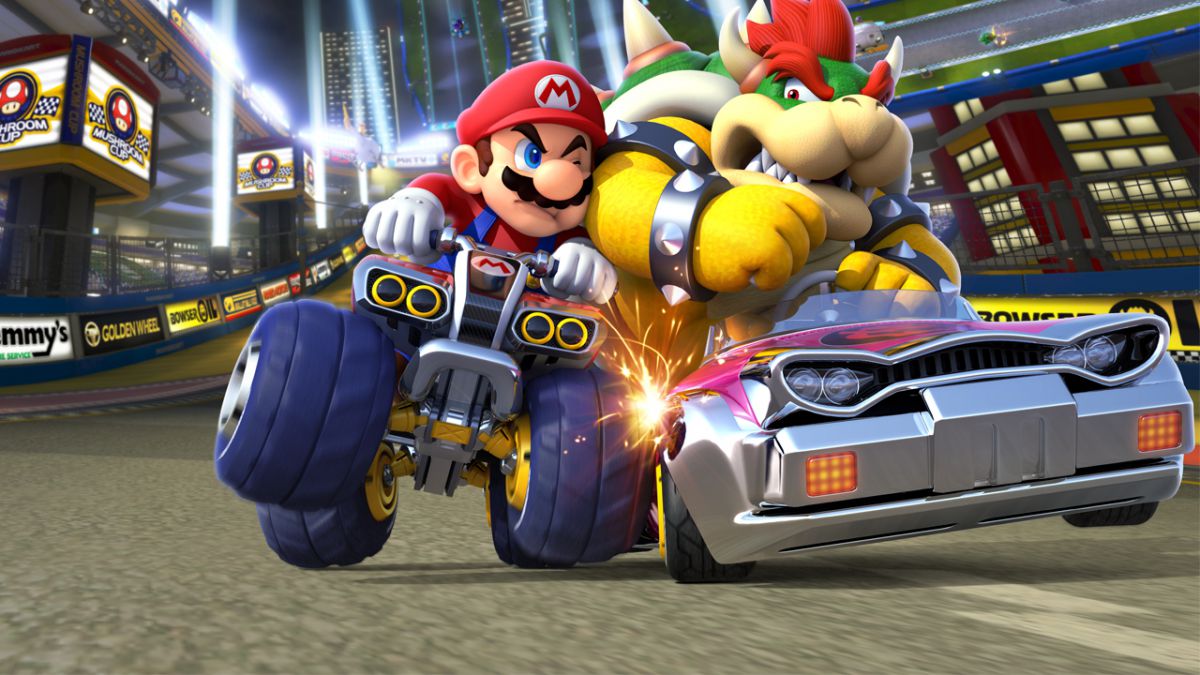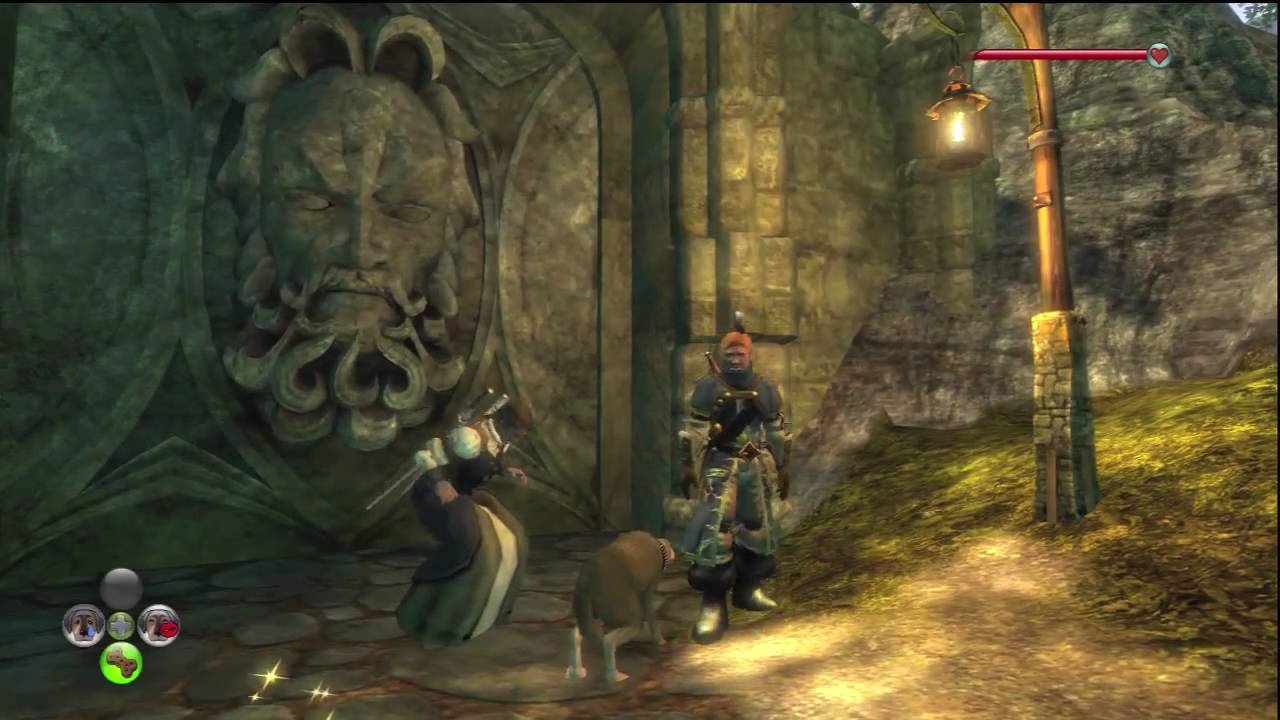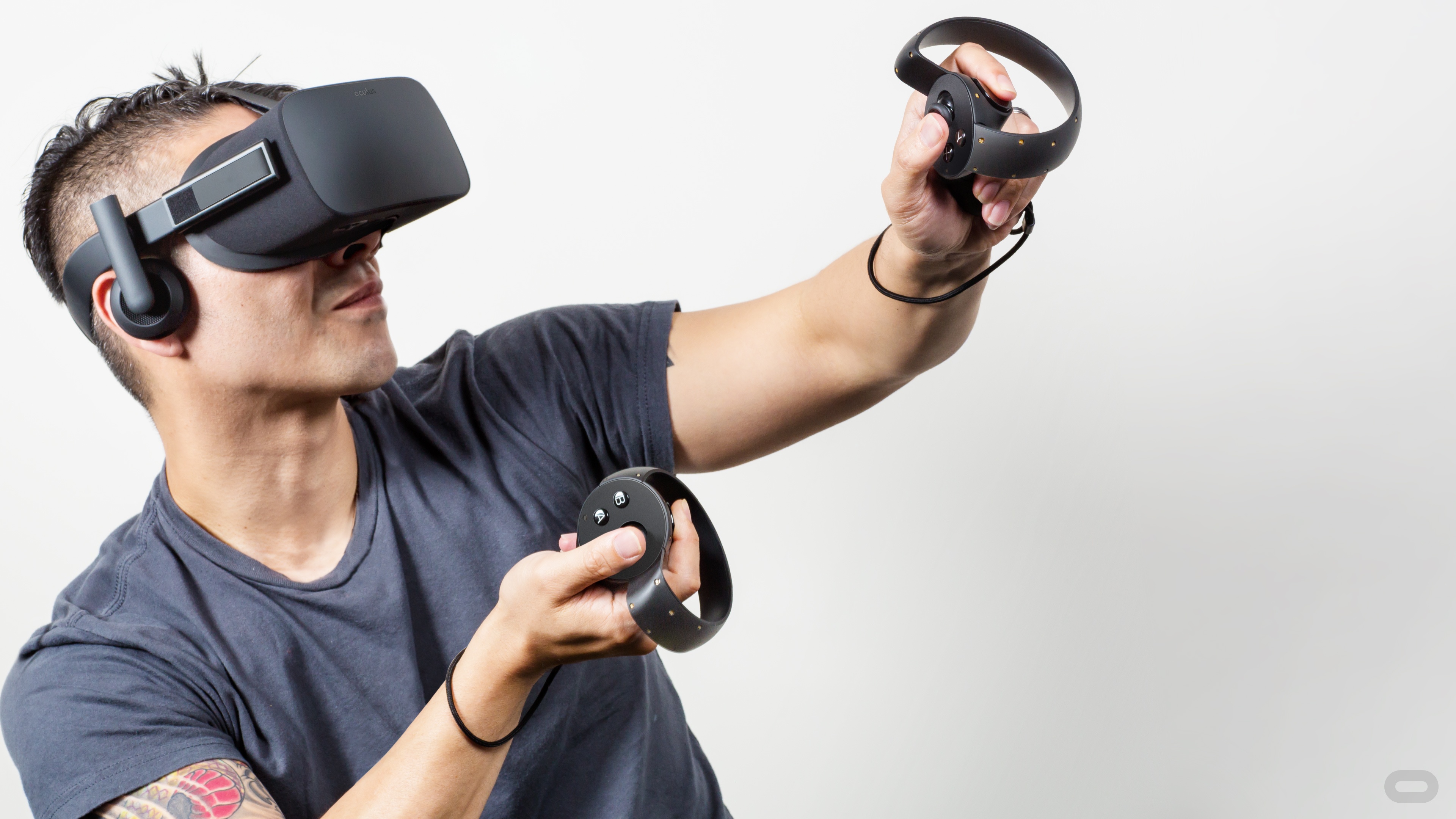The demise of local multiplayer: Why gaming with your mates is due a revival
Splitscreen action needs to make a comeback

Sign up for breaking news, reviews, opinion, top tech deals, and more.
You are now subscribed
Your newsletter sign-up was successful
Who doesn’t remember a bit of split screen Goldeneye on the N64 or TimeSplitters action on the original PlayStation? If you we a 90’s or 00’s kid, that’s what console gaming was all about.
Things have changed though. That joyful period in time between visiting an arcade and being plugged in to the internet on your own has gone. The height of social, local multiplayer gaming has made way for more solitary, but arguably more feature rich gaming experiences that (although impressive and immersive) fail to bring some of the same nostalgic joys.
It was a simpler time when split screen gaming was king, sure, but perhaps a more enjoyable one. Whether gaming with your mates or siblings, local multiplayer brought people together. Yes, there were fights, arguments, incessant mocking and unfounded claims of cheating, but that was all part of the friendship bonding charm.
We’re not saying online multiplayer isn’t awesome, it is, and it’s opened up possibilities we could never comprehend growing up - such as carrying on playing with a mate who’s mum said they had to be home by 6 - but it’s also caused gaming to loose some of its magic, at least in our eyes.

Some of our most fondly remembered gaming experience aren’t playing graphically impressive modern wonders while some guy from Texas rabbits on in our ear about needing to flank left. Instead it’s the times we were huddled up on the floor with our mates, taking a sneaky glance at their portion of the split screen to give us a tactical advantage that we look back on most fondly.
Carrying the couch multiplayer torch
We’re not alone either. There are others, including developers, keen to see this friendship forming take on gaming make a comeback, and that could be all it needs to give local multiplayer a much deserved revival.
“There’s certainly an element of nostalgia there, and it’s something I really enjoyed from my youth, playing with my brothers,” said Phil Duncan, co-founder of Ghost Town Games, the creators of local multiplayer focussed title Overcooked.
Sign up for breaking news, reviews, opinion, top tech deals, and more.
“It’s really disappeared in recent years, but there’s still a passion for it, and that was the driving force being what we’re doing now.
“Modern gamers are absolutely missing out on that experience. It’s a totally different way to experience a game. Even the same game playing it online compared to playing it locally, there’s just a different kind of social interaction that comes with it, and it’s a shame that people might be missing out on that.”
Before a revival can gain traction though, we must look at why local multiplayer games drifted into the minority in the first place. If the demand’s gone, so too are our hopes of a return. Fortunately though, that doesn’t appear to be the case.
The online onslaught
Sports titles such as FIFA and Madden remain big name, graphically impressive local multiplayer draws, while the likes of Mario Kart give a nostalgic nod to how things used to be while keeping the entertainment levels high. They are a sign of appetite, and confirmation that the cause of local multiplayer’s demise lies elsewhere.
“People were seeing big returns on making these online multiplayer games, so that was driving things,” Duncan explained.
“People would look to the most successful games in any genre and lots of them had online multiplayer, so that became the subject.”
His thoughts we’re echoed by Mike Green, a developer with more than 18 years experience designing games such as Terracon, Black and White 2 and the Fable franchise.

Now the co-founder of start up Glowmade, he stated: “When I first started making games, the internet was a new thing. Counterstrike had just come out, but for consoles, they were never online.
“I think if you look at AAA titles, then there’s an argument that local isn’t the focus anymore and it’s more about online multiplayer, but there are still games out there, not necessarily triple-A, but more indie games.
“It’s not as risky for them to include local multiplayer. I remember when we were making Fable 2 and we had counter co-op, there was so much work involved scripting everything together. It was a Herculean effort getting single player content to work in multiplayer. There was the argument of was that a good use of Lionhead’s time including it.”
Despite having faced difficulties in making local multiplayer work in the past, Green admits that the gaming space just isn’t quite the same without it.
“I think the industry probably is missing something with local multiplayer,” he told us.
“Yesterday, on Battlefield 1 I had an experience where the servers were full, I was put on one side and my other friends we on the other team and the satisfaction of murdering them in this game and hearing their anguished screams, it’s definitely something you miss from those co-op games.
“I remember playing Super Monkey Ball when it first came out on the GameCube, and it was such great fun because you had people cheering you on or hating you because you had completely stabbed them in the back.”
Next-gen local play
Looking to the future, and despite dubbing local multiplayer, “an area we want to experiment in,” it’s not just Duncan and the team at Ghost Town giving renewed focus to local multiplayer.
“There definitely does feel to be a mini resurgence. It certainly feels going around GDC that there seems to be more local multiplayer games out there,” the Overcooked developer said.
“Maybe one of the reasons we’re seeing a bit of a resurgence is that engines like Unity allow smaller independent studios to take slightly more creative risks and that’s why we’re seeing these more local multiplayer games pop up.
“Hopefully, because there has been a bit of a resurgence and more people playing and getting excited about it, the larger studios will look to that as a sign it’s a worthy opportunity.”
Before you go getting your hopes up at more games like Goldeneye making a comeback, however, be warned, there are still stumbling blocking in the way of local multiplayer’s return to former glories. Major ones.

With the rise of VR pushing us into a world of increasingly isolated gaming, there’s a risk a mini local multiplayer resurgence will fall by the wayside, again.
According to Green, even the family-friendly likes of the Nintendo Switch won’t make too much of a difference.
“I’m quite skeptical about it,” he said. “They’ve shown people fencing by a swimming pool, and that’s just not going to happen for me. I don’t think if I’m sitting on a train with my daughter that’s going to happen.”
Still, there's hope – developer 343 (noting the backlash that its previous removal inspired), has stated that all future Halo games will once more feature local muliplayer play. One of the split-screen shooting pantheon's finest, it's step in the right direction.
So while we wait for local multiplayer to once again get the focus is deserves, it’s best then just to enjoy the games that still offer it. So, who fancies a round on Mario Kart? We call dibs on Luigi.
- Welcome to TechRadar's Console Gaming Week, celebrating each and every pixel of video gaming greatness. Head over to our hub for what you've missed so far.